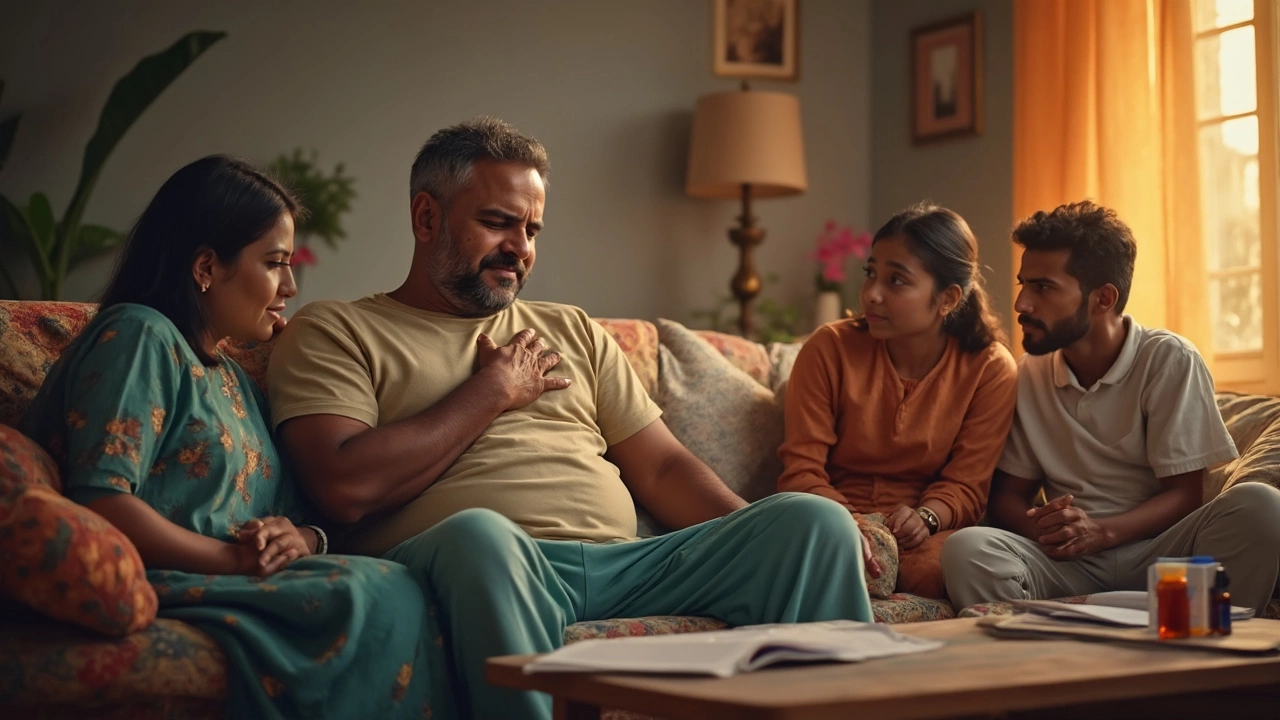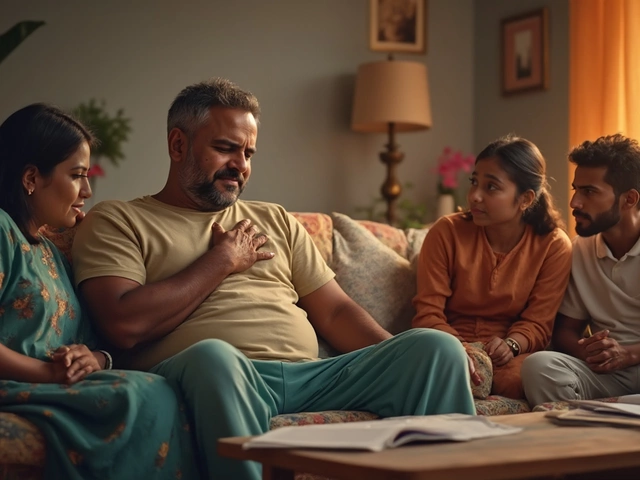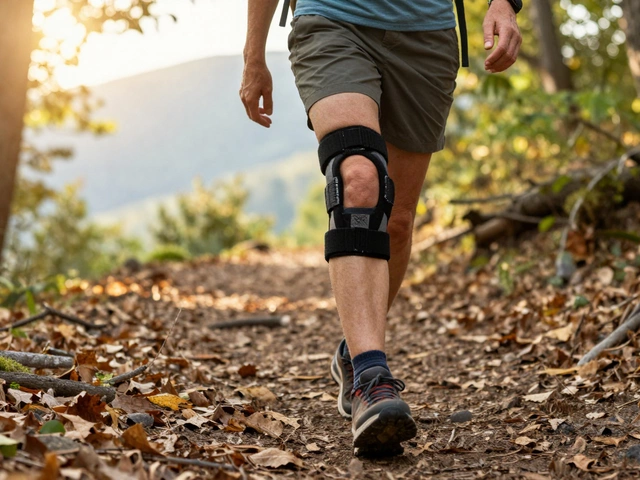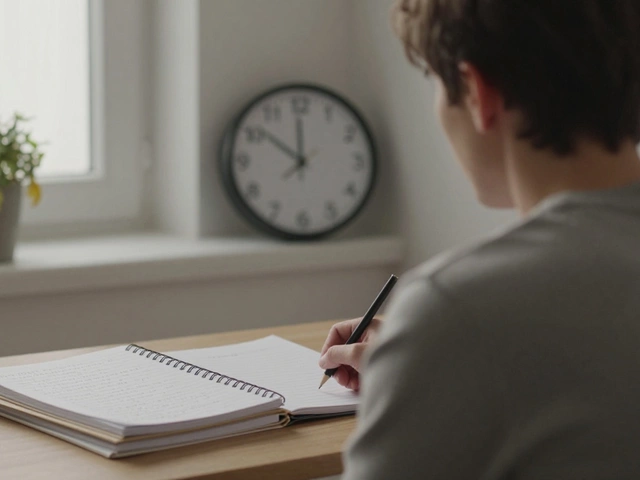Picture this: you make it through heart surgery—a mountain climbed, a second chance in your back pocket. But as you rest up at home and count out your medicines, a scratchy cough or a weird swelling starts nudging at your mind. Is it normal? Or is it your heart raising a red flag?
Recognizing Bad Symptoms After Heart Surgery
There’s nothing quite as nerve-wracking as the first few weeks after heart surgery. Your mind races at every new pain, bruise, or ache. Knowing the difference between normal healing and a danger sign can actually save your life—or at least ease your anxiety. Dull chest aches, weakness, and some soreness are part of the deal, especially after bypass or valve replacements. But let’s cut right to the chase: what are the classic bad signs doctors worry about?
First on the list: severe shortness of breath. Some breathlessness is expected as your lungs get back in shape, but if you find yourself gasping at rest or unable to finish a sentence, that’s a red siren. Add high fever—think over 101°F (38.3°C)—or chills, and it could mean infection has crashed your recovery party. Surgical sites should heal slowly, yes, but keep an eye for redness that spreads, discharge (especially yellow or foul-smelling), or swelling that gets worse instead of better.
One fact I found unnerving? About one in three heart surgery patients in Indian hospitals develop wound infections—more than the global average, partly due to the hot, humid climate and bacteria that run wild here in Bangalore. Don't ignore if your surgical scar looks angrier after a few days, especially with pus or bleeding that soaks a bandage.
Sounds obvious, but remember not all issues poke you with sharp pain. Sometimes, the scariest problems creep up quietly. For example, an irregular heartbeat (like fluttering or skipped beats) after surgery isn’t rare, but if it comes packaged with dizziness or fainting, that’s a quick-trip-to-hospital signal. My uncle, just a year older than me, felt only a little extra tired and dizzy before a quick ECG found an arrhythmia after his bypass—suddenly he was back under the monitors for three days.
Then there’s swelling, which throws a lot of people off. Some puffiness in your legs is basic, but if one leg balloons up more than the other, feels hot, tight, and red, you could be dealing with a blood clot. Deep vein thrombosis is sneaky stuff—it forms silently, but if it breaks off, it could mess with your lungs, causing a deadly pulmonary embolism. Experts at Manipal Hospital estimate at least 10% of post-heart surgery patients in South India develop leg clots, and this is more common in folks who’re less mobile after surgery.
Now, don’t gloss over your mental health. Confusion, hallucinations, or sudden memory loss (called delirium) show up in more than a third of older patients. If your loved one starts acting truly odd, seeing things, or talking nonsense, it’s not “just the meds”—get help.
Heart surgery rewires your life, and your body isn’t shy about giving you signals when things are off. If you notice a weird taste and suddenly lose your appetite, or vomiting keeps you from taking regular medicines, that’s another flashing alert you can’t ignore.

The Most Common Complications and How to Spot Them Early
After months of planning and paperwork, when you finally make it through heart surgery, you expect the tough part is over, right? Not quite. The reality in recovery is this: most serious complications show up in the first six weeks. Your doctor probably gave you a pamphlet, but honestly, it can't cover every possible mess your body might throw at you.
Let’s break down the most common problems. First up: infections. In fact, in India the risk is higher than in Europe or the US, especially in monsoon or summer months. The main hashtags for infection: fever, wound redness, increased pain, fluid leaking from the scar, and fatigue that knocks you flat. If you notice any of these, don’t procrastinate thinking it’ll pass—call your doctor, or if it gets worse, head straight to the hospital.
Next, bleeding. It doesn’t have to gush for it to matter—slow bleeding inside your chest can build up, pressing on your heart. If you feel sudden crushing chest pain, heavy pressure, breathlessness, or notice your pulse racing, this might be cardiac tamponade, a medical emergency. Most hospitals in India keep surgical teams on call for precisely this reason. Don’t tough it out—any chance you could be losing blood, get checked.
Then, there’s the famous irregular heartbeat. This includes atrial fibrillation, which can turn up in about 25-40% of patients, especially after valve surgery. The risk increases if you’ve had blood pressure problems or are over 70. If your pulse is all over the place or you feel palpitations along with chest pain or faintness, this needs attention. Modern pacemakers and medications work wonders, but only if you catch the problem early.
Clots are a quieter risk. If your hands or feet turn cold and pale, or you notice patchy blue or purple skin, you might be looking at a circulation issue. If, like me, you love to binge-watch cricket on TV (especially IPL matches), don’t camp out on the couch all day—move your legs and walk around as soon as the doctor allows. Simple movements keep clots from forming.
Let’s talk lungs. Surgery is tough on them. Coughing up yellow or green phlegm, chest pain with every breath, or a fever are classic signs of pneumonia, which hits one in ten heart surgery patients. Lakers in Bangalore report higher cases in late June and July—hello, monsoon molds and viruses.
Another odd one? Sudden weight gain—like, up to two kilos in a couple of days. This often means fluid’s building up, straining your new heart. Watch for swelling in your ankles, feet, or hands; these are not cosmetic issues but practical warnings your body sends. Modern digital weighing scales with memory help you catch this before it becomes a crisis.
- If your wound smells bad, or fluid leaks out, call your surgeon.
- Any new, severe pain in your chest, back, or leg should be checked by a doctor—don’t take painkillers and wait.
- Shortness of breath that gets worse instead of better means you need a checkup, especially if it wakes you up at night.
- Take your temperature morning and evening for the first two weeks—persistent fever rarely means a simple viral infection in this setting.
- Trust your gut. If something just feels “wrong” and you can’t put your finger on it, medical advice is better than regret.
It’s a myth that “men recover faster” or “tough it out.” In my experience, both guys and women ignore subtle symptoms hoping to bounce back sooner. Listen: the sooner a complication is found, the better the chance to fix it quickly without hospital stays or another surgery.
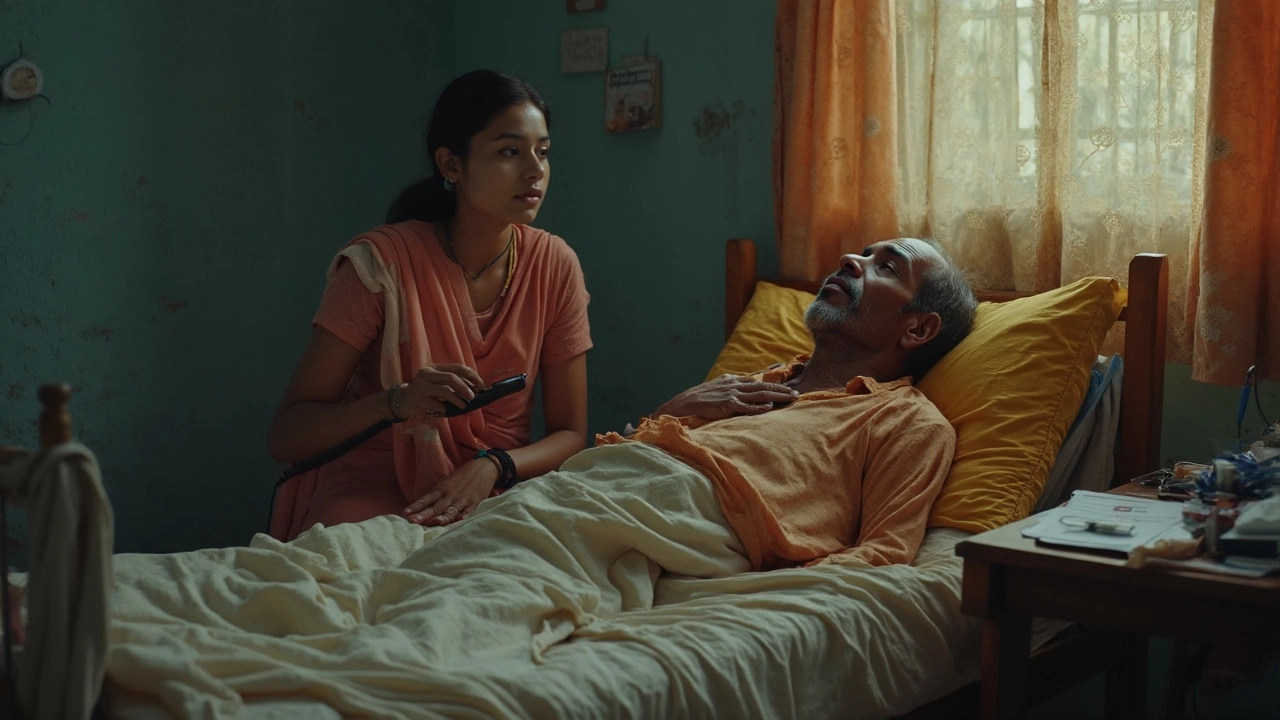
How to React if You Notice Bad Symptoms After Heart Surgery
You’ve learned to spot the signs. But when something off comes along, what actually helps? Panicking is tempting—even I’ve freaked out watching Anjali check a stubborn fever after her father’s surgery. But reacting calmly can make all the difference.
First thing: don’t downplay new symptoms. If you wake up one morning and your chest feels much tighter, your wound looks angry, or you’re sweating buckets without moving, it’s not 'just part of healing.' Try to jot down when symptoms started and whether they grew worse. Doctors need details—and quick changes help them decide when to step in.
Next, call your surgical team, or the emergency number on your hospital discharge card. In India, most multispecialty hospitals now run 24x7 helplines for cardiac patients. If you get no answer and feel very unwell, don't wait for that call back—get to the closest emergency room.
If you have a digital BP monitor or oximeter, use it. Record surprising numbers, especially if your oxygen dips below 94%, blood pressure crashes, or pulse spikes above 120 per minute at rest. Photos of the wound are now widely accepted by doctors via WhatsApp or hospital apps—don't hesitate to send them if asked.
Here are a few simple tricks I learned the hard way:
- Pack a small hospital bag ahead of time. Keep basic clothes, list of medicines, recent reports, and your discharge summary ready.
- Make a list of your main symptoms—don’t rely on memory when you’re worried, because adrenaline scrambles your thoughts.
- Stay hydrated, but don’t overdo it; too much water can worsen swelling or fluid overload in certain heart conditions.
- If you're on a blood thinner like warfarin, sudden bleeding (such as gum bleeds or black, tarry stool) is a call for urgent help.
If you’re caring for a loved one, keep emergency contacts saved in your phone and share them with others in the house. For those living solo, talk to neighbors or friends about checking in once a day for the first few weeks.
Indian families often prescribe “rest, rest, rest,” but gentle movement is essential unless the doc says otherwise. Lying still all day is one of the riskiest things to do—at least get up every couple of hours, and do those wiggly ankle exercises the nurses showed you.
A final word about pain: don’t worry about asking for relief if you’re hurting. Pain makes recovery worse, slows down healing, and masks other serious problems if you keep ignoring it. Good doctors want you comfortable, not suffering bravely.
If you love details, a study from the Journal of Cardiology found that people who spoke openly about new symptoms and had families who checked up regularly recovered faster and had fewer ER visits. It’s simple but true: you need a support team, whether that’s your spouse, your brother, or a neighbor you trust.
So, these are the warning signs and their best responses. Stubborn swelling, irregular pulse, fever, pus, dizziness—whatever your body throws at you, take it seriously. Recovery is teamwork, and your strongest player is vigilance. Stay alert, ask questions, keep moving, and let your heart tell you what it needs.
